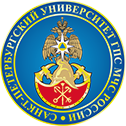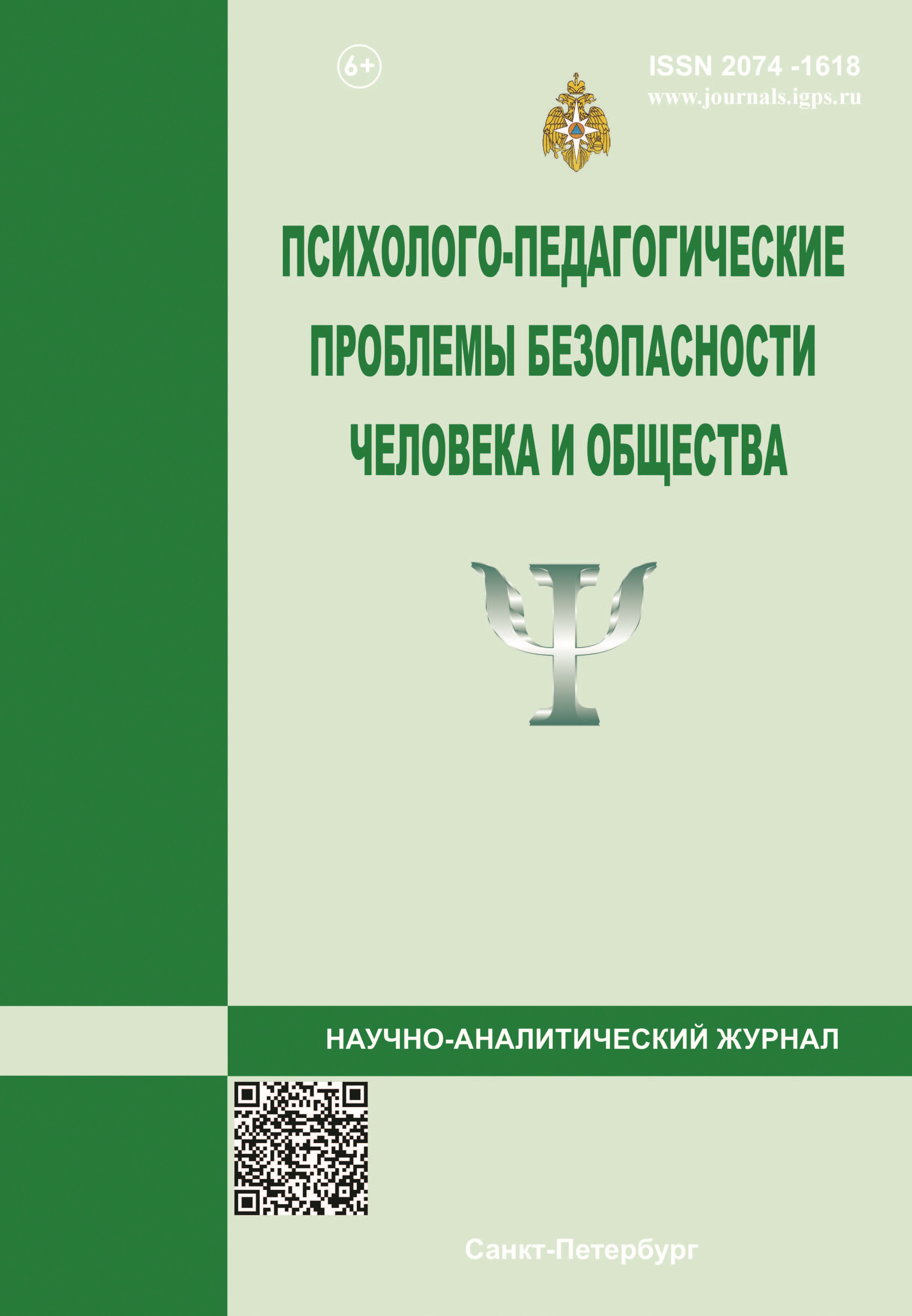Russian Federation
Russian Federation
The Siege of Leningrad is one of the most tragic and heroic events in the history of the Second world war. From September 8, 1941 to January 27, 1944, the city was surrounded by Nazi troops, which led to disastrous consequences for its inhabitants. More than two and a half million people were cut off from the outside world, deprived of food, water and medical care. Despite the unbearable conditions, the Leningraders showed incredible resilience, courage and solidarity, which became a symbol of the human spirit in the fight against a ruthless enemy. In this article, I want to share my thoughts on the Great Patriotic war, focusing on one of the most tragic and significant episodes in the history of Russia – the siege of Leningrad. Emphasizing that the blockade is the key moment for understanding the scale and consequences of the war, as well as its impact on the fate of millions of people. The article is based on the personal experience of my family, my relatives who were directly involved in the events of the Great Patriotic war. Great-grandfather – Dmitry Nikolaevich Viktorov was a war veteran who went through the front and was awarded the medal «For the Victory over Germany». Second great-grandfather – Ilyin Nikolai Yakovlevich, has the sign «Resident of besieged Leningrad», despite the fact that he was only five years old during the war. This article tells about the importance of the siege of Leningrad during the Great Patriotic war and its impact on people's lives. I share the memories of my relatives who took part in this tragic event. The article emphasizes the importance of preserving the memory of the blockade and the people who survived and helped each other in difficult times. This article also describes the importance of bread as a symbol of survival and cohesion, glorifying the power of human will and the desire for a normal life in wartime conditions. Despite its poor quality, it kept the city alive, and every piece was worth its weight in gold. This highlights how people valued the smallest resources in conditions of extreme need. The preservation of monuments and cultural heritage during the blockade also shows that Leningraders not only fought for their lives, but also for the preservation of their history and identity. The blockade is not just a historical fact, but a deep wound that reflects the importance of remembering those events for future generations. This helps us to remember the price of freedom and peace, as well as how important it is to preserve human dignity in the most difficult conditions. Analyzing the vital activity of the city under siege, emphasizing not only the suffering and deprivation, but also the examples of courage, solidarity and mutual assistance shown by its residents. The importance lies in the fact that the study of the blockade forms patriotism and an active civic position among modern readers. Understanding the historical context and heroism of the Leningraders contributes to the realization of the value of freedom, unity and the human spirit in the struggle against difficulties. The article is intended to inspire a new generation to preserve historical memory and actively participate in the life of society, strengthening patriotic feelings and civic responsibility. It is important to foster patriotic feelings among young people so that they become defenders of their values and actively participate in building a better future for their homeland. Patriotism is not just an emotion; it is a call to action for the common good.
Leningrad, blockade, war, patriotism, heroism, hunger, bread, mortality
1. Lomagin N.A. V tiskakh goloda. Blokada Leningrada v dokumentakh germanskikh specsluzhb, NKVD i pis'makh leningradcev / pod red. A. Anichkina. M.: Yauza, 2017.
2. Yakovlev E.N. Plan Bakke: pervaya programma massovogo ubijstva na Vostoke i princip «my zdes' odnI» // Vojna na unichtozhenie: chto gotovil Tretij Rejkh dlya Rossii. SPb.: Piter, 2017.
3. Karasev A.V. Leningradcy v gody blokady. M., 1959.
4. Veselov A.P. Bor'ba s golodom v blokadnom Leningrade // Otechestvennaya istoriya. 2002. № 3. S. 156–163.
5. Medvedev A.A., Shishkov V.V. Prodovol'stvennoe snabzhenie blokadnogo Leningrada // Voenno-istoricheskij zhurnal. 2015. № 11. S. 33–36.
6. Sul'din A.V. Blokada Leningrada: polnaya khronika – 900 dnej i nochej. M.: AST, 2015.
7. Yakovlev E.N. Vojna na unichtozhenie. Tretij rejkh i genocid sovetskogo naroda. 2-e izd., pererab. i dop. SPb.: Piter, 2022.
8. Ryabov A.V. Ogneborcy blokady // Nauchnyj aspekt. 2020. T. 9. № 2. S. 1150–1154. EDN BLXLAX.
9. Nikulin N.N. Vospominaniya o vojne. SPb.: Gos. un-t; Muzej Ehrmitazh, 2008.
10. Pavlov D.V. Leningrad v blokade. 5-e izd., ispr. i dop. M.: Sov. Rossiya, 1983.






